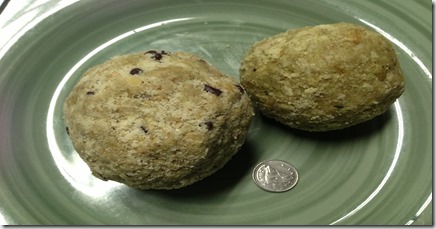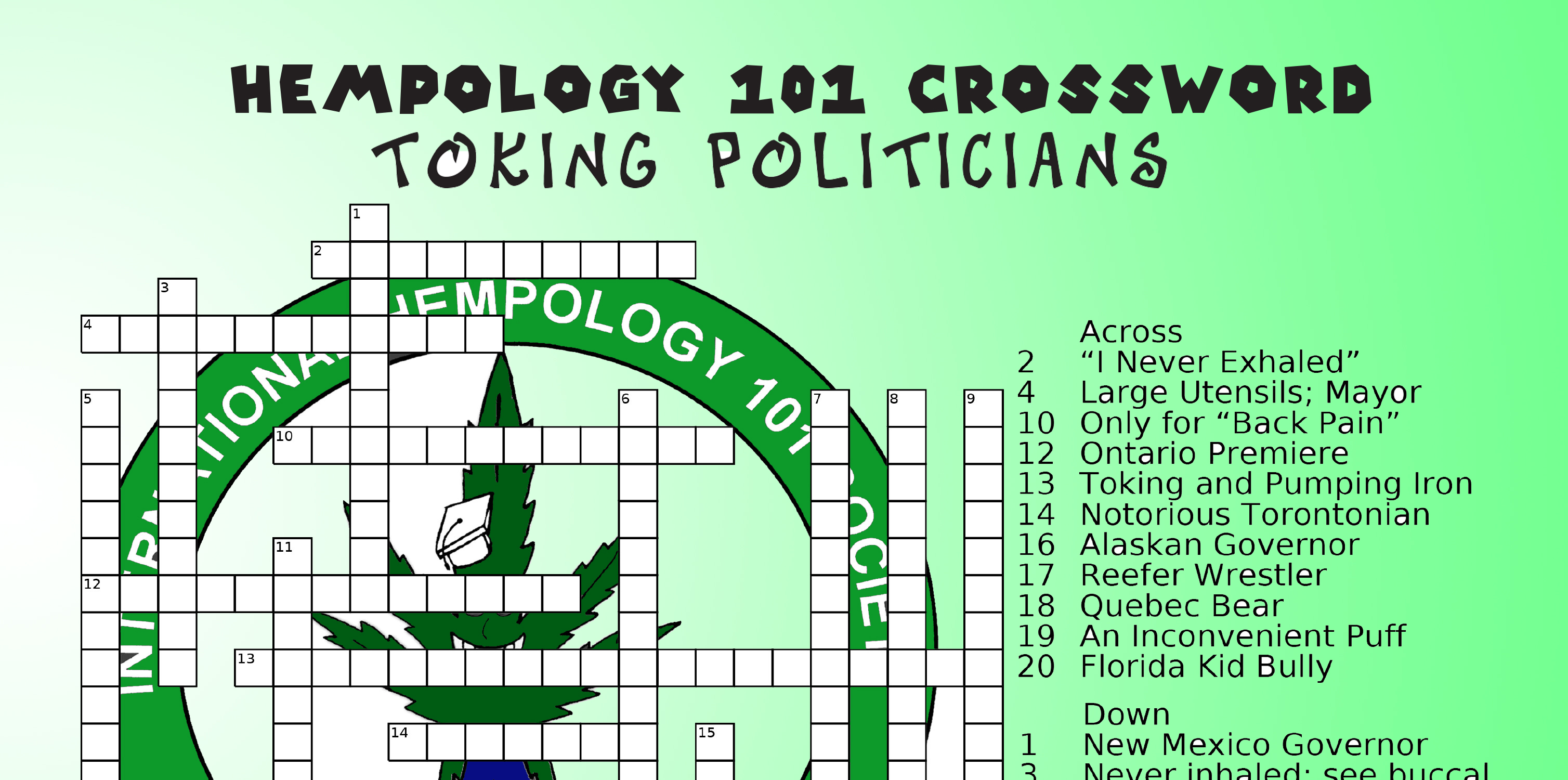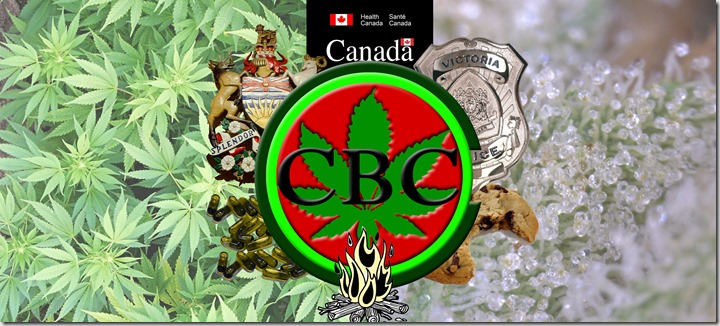Ted Smith
Proposed regulations for dispensaries drafted by staff for the Victoria city council suggest following the lead of Vancouver to prohibit cannabis edibles, but there is another option council may take. Instead of an outright ban of anything but basic oils infused with cannabis, the city could adopt regulations that follow the policies laid out by the Canadian Association of Medical Cannabis Dispensaries. With so many members of the Victoria Cannabis Buyers Club accustomed to eating cannabis cookies and other food products, it seems the fears of Island Health could result in having a negative impact on the very people it it supposed to protect.
Of course, the city could do nothing about edibles and wait for the federal government and provincial governments to design the regulations but that is unlikely to happen. Concerns from Island Health could pressure the city into creating bylaws that only allow the sale of tinctures, capsules and oils. This is exactly what has happened in Vancouver, where the council did not give as much weight to the concerns of patients as they did the policy analysts.
 According to the report submitted to city council on Nov 13, 2015, “The primary concerns associated with the sale of edible products containing marijuana are that consumers will overestimate the required dosage or that others will accidentally ingest the products. Edible products that appeal to children, such as candies, are of particular concern. A secondary concern associated with the sale of edible products is food safety. Food products that are not properly prepared, stored and handled may become contaminated or produce toxins or disease-causing microorganisms. Vancouver has imposed a similar ban on edible products.”
According to the report submitted to city council on Nov 13, 2015, “The primary concerns associated with the sale of edible products containing marijuana are that consumers will overestimate the required dosage or that others will accidentally ingest the products. Edible products that appeal to children, such as candies, are of particular concern. A secondary concern associated with the sale of edible products is food safety. Food products that are not properly prepared, stored and handled may become contaminated or produce toxins or disease-causing microorganisms. Vancouver has imposed a similar ban on edible products.”
Most of these concerns can be dealt with if the council decides to ignore the fears of Island Health and proceed instead to endorse the policies of CAMCD. Proper packaging would ensure the products are not visible from the outside , dramatically lowering the chances of anyone but the patient consuming the medicine. If the city is willing to go this direction, proper kitchens that meets all of the requirements of Island Health could be quickly put together to supply the dispensaries with their food products. Many of the concerns the city has about edible products are applicable to all food sold in stores and absolutely no reason that cannabis foods could not be made in a clean environment and stored properly.
 One of the VCBC products, Budda Balls, named after an employee, is made with a nutritious combination of foods that have helped many people through difficult times. With enough proteins and other vital nutrients to keep a person alive for a day, many patients have eaten a Budda Ball a day when nothing else would go down and stay down. We have helped many cancer and AIDS/HIV patients toward the end of their lives with Budda Balls. Several professionals in nutrition have looked at our recipe and commented on the excellent food combinations. And they taste great, too. For those unable to prepare food at home due to illness or the lack of proper food making facilities, the food products the VCBC sells are some of the healthiest foods they eat.
One of the VCBC products, Budda Balls, named after an employee, is made with a nutritious combination of foods that have helped many people through difficult times. With enough proteins and other vital nutrients to keep a person alive for a day, many patients have eaten a Budda Ball a day when nothing else would go down and stay down. We have helped many cancer and AIDS/HIV patients toward the end of their lives with Budda Balls. Several professionals in nutrition have looked at our recipe and commented on the excellent food combinations. And they taste great, too. For those unable to prepare food at home due to illness or the lack of proper food making facilities, the food products the VCBC sells are some of the healthiest foods they eat.
The risk of overdosing is often grossly overstated. No one can die from consuming too much cannabis, which is different than almost every drug or substance sold, including water. While some patients can become uncomfortable if they consume too much, the most common sign of an overdose is sleep. For many patients it is important to find the correct dose so the effects of the medicine do not interfere with other important activities but that just takes some trial and error to figure out. The range of tolerance for cannabis is quite wide, so it often takes a few experiments before the correct dose is discovered.
It is interesting to note that the medical system is reluctant to endorse a program that might allow patients to use more medicine than absolutely necessary to manage the symptoms. In this case, using more cannabis than one needs to control their medical problems usually only makes the patients feel better in all sorts of ways, but that is not acceptable by medical professionals. The vast majority of patients can easily learn to accurately dose themselves to ensure the medical effects help with symptom management without feeling a buzz, and for those that do want to feel relaxed the option should be available, especially considering how safe this plant is to use.
 It would be ironic to watch the VCBC being forced to stop selling cannabis cookies one year after it fought to the Supreme Court of Canada to make extracts legal. Hopefully city council will listen to the concerns of patients and realize that cannabis foods are essentially just as easy to regulate as most other food products with just slightly different packaging. It is so thrilling to witness the dispensaries getting a license to operate from the municipal government that it would be a shame to see cookies and other edibles sacrificed in the process.
It would be ironic to watch the VCBC being forced to stop selling cannabis cookies one year after it fought to the Supreme Court of Canada to make extracts legal. Hopefully city council will listen to the concerns of patients and realize that cannabis foods are essentially just as easy to regulate as most other food products with just slightly different packaging. It is so thrilling to witness the dispensaries getting a license to operate from the municipal government that it would be a shame to see cookies and other edibles sacrificed in the process.





